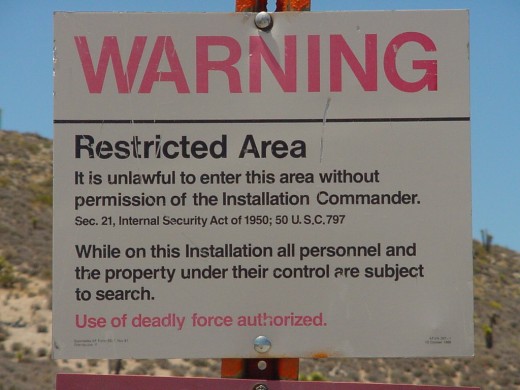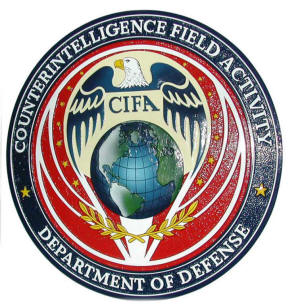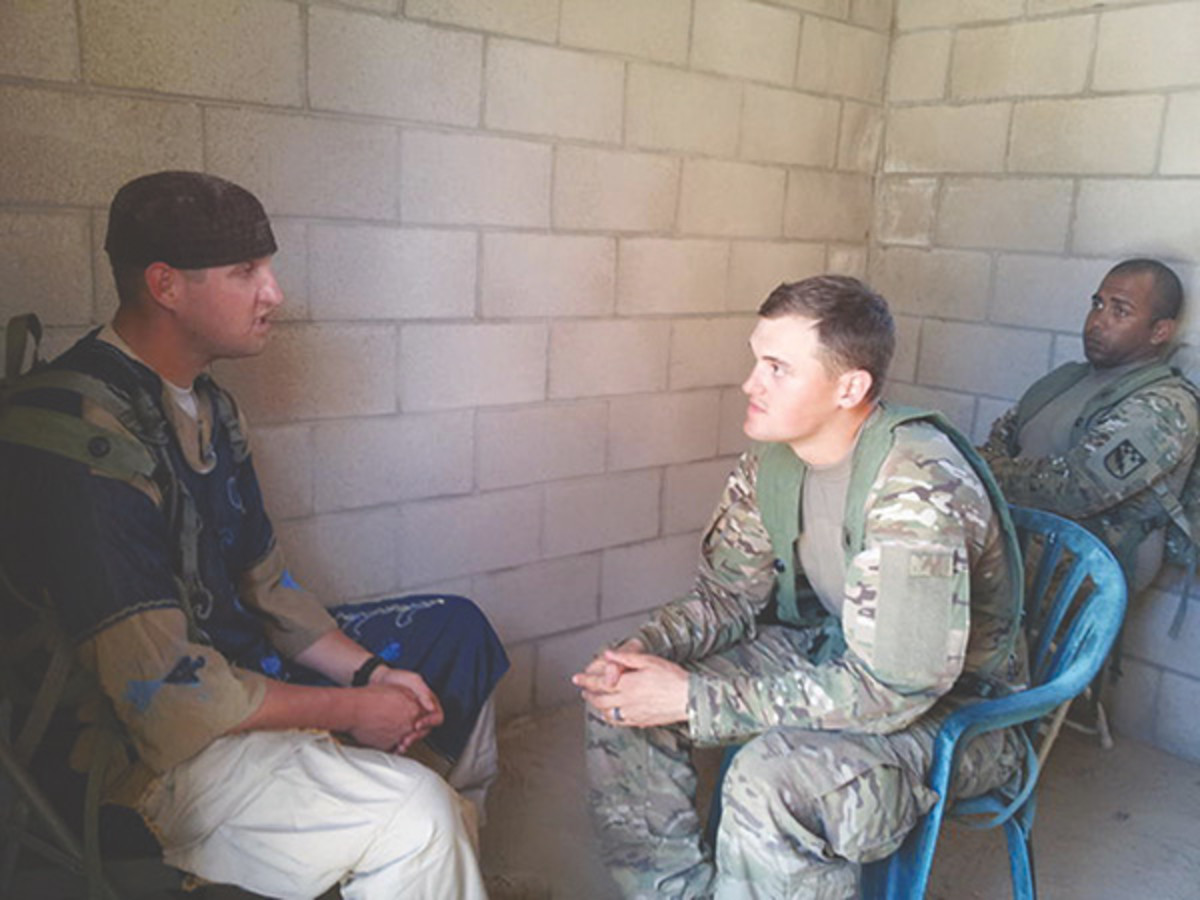TALON Reporting System


Soon after 9/11, the Department of Defense (DOD) launched the TALON Reporting System, a wide-ranging, controversial effort to keep track of anonymous tips and suspicious activity. There are reports that this system would spy on civilians near military bases as a protective measure. U.S. military was collecting information on American peace activists and monitoring Iraq war protests (Myers 2005).
Deputy Secretary of Defense at the time, Paul Wolfowitz published a memo instructing DoD personnel to report suspicious activities, including surveillance of DoD facilities, tests of security and "elicitation" attempts that suggest intelligence gathering. The memo went on to acknowledge that Talon reports may be "fragmented and incomplete," but that "rapid reporting" is the goal of the system, which is not designed to replace the DoD's formal intelligence reporting process. (McWilliams 2003)
I personally have been on the other side of the fence and Operational Security was drilled into us. I’ve reported people taking pictures of my barracks while I was a Marine. I didn’t want to be another statistic in the next Beirut bombing. We had basic introduction to counterintelligence and how to recognize enemy collection efforts and not offer them any opportunity to gain information about our operations. Maybe it’s a little paranoid to keep tabs on a small group of people conducting a local anti-war/military demonstration after all, it’s only a dozen people. Then again, Bin Laden is only one person. I’m not saying that the government should be knee deep in everyone’s business, but maybe a toe in the water to make sure it’s not too hot if you will. Not to mention, historically speaking, small groups like this have been the spawn of spy rings and insurgent movements. Admittedly, that is a unilateral statement, not all small gatherings lead to action that conflicted with US government interests. The objective of TALON was just to find out if any of the new ones that popped up were a serious threat. My opinion on activities near military bases is pretty pro TALON. When anyone enters a military installation, they consent to search and seizure of all personal property. Think of it this way. If someone enters your home, they are obligated to play by your house rules, but if they just stay in your front yard, they’re trespassing and can be kicked off the property before they become a threat to anyone inside the house. Well, military bases don’t have front yards. There needs to be a buffer zone outside the gates where the military forces have some control to protect their people and assets.

If the question is how to best serve the American public, it seems only appropriate that the organization composed of “SERVICE members” would be the best bet. FBI focuses on domestic operations (Ford, 2007, p. 94) while CIA works abroad and there are clear lines between them and even a bit of an interagency rivalry. DOD operates both at home and abroad. We have forward deployed units not only in combat but also maintaining a presence across Europe and Asia as well as operations in South America and most recently continental Africa we seem to hang out in Australia too. There’s even Operation Deep Freeze in Antarctica. Within our borders, we have National Guard units that maintain a military presence at the state level. It seems that DOD is the bridge between the jurisdictions of CIA and FBI. One must also take into account that the FBI is a law enforcement agency and generally approaches intelligence collection with a conviction mindset by which I mean they are looking to put someone in jail and trying to collect evidence. The military intelligence is more for just getting information to make an informed decision before things start going boom.
During emergencies and time of war, martial law can be declared until a situation is stabilized. It seems only appropriate, with the War on Terror, that DOD would make the decision to launch such a wide-ranging effort, controversial or not. One of the biggest things that allowed 9/11 to happen was the lack of communication between intelligence organizations. That being said, whenever we finally manage to pull out of Iraq and Afghanistan, there should probably be a board or committee, or whatever nifty name it goes by in government games, established with representation from FBI and CIA as well as other government agencies that would need access to this information such as DHS and DIA. As different threats arise, the appropriate agency could step up and “take point” so to speak and direct intelligence collection requirements and activities. Every time I have a bright idea, I find out someone else already came up with it, so this is probably already in effect and I just missed the memo. Otherwise vote for me in 2012.



DoD’s Counterintelligence Field Activity (CIFA) closed the TALON Reporting System effective Sept. 17, 2007, while maintaining a record copy of the collected data in accordance with intelligence oversight requirements. Currently any threat involving US citizens is referred to counterintelligence and in the stead of the TALON, there will be a new unit FICOR — the Foreign Intelligence and Counterintelligence Operation Records (Irregular Times 2010). Counterintelligence specializes in countering threats to the US and as a result has a little bit of a different role compared regular collection elements and as a result the FICOR will be able to collect Social Security Number (SSN), address, citizenship documentation, biometric data, passport number, vehicle identification number and vehicle/vessel license data… [from] federal, state, local, and tribal entities, foreign intelligence agencies, educational and research institutions, foreign governments and open source literature.
Currently it’s illegal for regular intelligence elements to collect on US citizens, at home and abroad and I’m a whole hearted supporter of that. Just one thought though. When I enlisted back then, I swore to defend my nation against all enemies foreign and domestic. How should one go about doing that if one doesn’t know who one’s domestic enemies are?
Ford, Patrick J. Introduction to Intelligence: A Synthesis of Public Domain Sources. Saverna Park, MD: Erevno Systems Corporation, 2007.
Irregular Times. The U.S. Military Spying on Americans is Not the Change I Believed In. June 21, 2010. http://irregulartimes.com/index.php/archives/category/liberty/ (accessed June 26, 2010).
McWilliams, Brian. DoD Logging Unverified Tips. June 25, 2003. http://www.wired.com/politics/law/news/2003/06/59365 (accessed June 26, 2010).
Myers, Lisa. Is the Pentagon spying on Americans? Secret database obtained by NBC News tracks ‘suspicious’ domestic groups. December 14, 2005. http://intoxination.net/category/social-tags/talon (accessed June 26, 2010).
Richelson, Jeffrey T. The US Intelligence Community (5th ed.). Boulder, CO: Westview Press., 2008.







